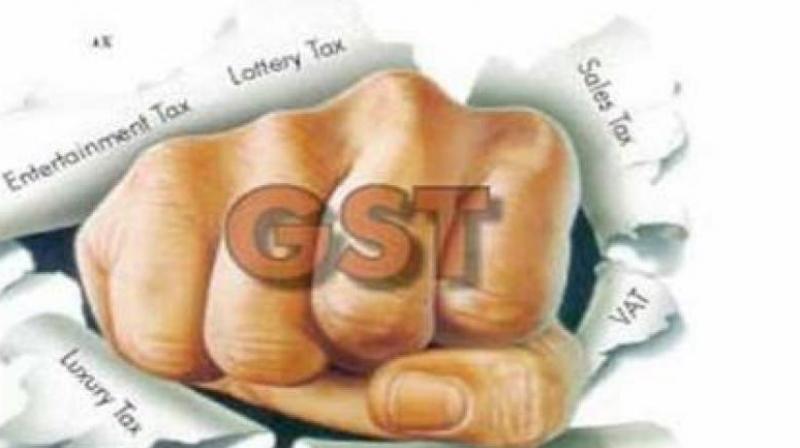Kerala: GST ordinance to be out soon

Thiruvananthapuram: The cabinet on Wednesday decided to promulgate Kerala Goods and Service s Tax Bill, 2017, as an ordinance. Kerala, incidentally, is the first state to promulgate the mandatory state counterpart of the GST Law in the form of an ordinance. After the Constitutional amendment to implement GST was passed in August 2016, the states were asked to pass state-specific GST laws. Already 25 states have passed their respective GST Bill; the Telengana Assembly did it first on April 9, Meghalaya Assembly’s was the latest on June 12.
Initially, the State’s plan was to introduce the Bill in the Assembly during the Budget session in May. “We were waiting for clarity,” a source close to Finance Minister Dr T.M. Thomas Isaac said. “Even the rates were fixed only last week, which but is still incomplete. For instance, we still have no idea about the taxes on lottery. There is no finality on cross empowerment either,” the source said.
State-specific laws are required to empower the state tax administration to collect the new tax. Under the existing VAT regime, the fiscal powers between the Centre and the States are clearly demarcated in the Constitution with almost no overlap between the respective domains. The Centre has the powers to levy tax on the manufacture of goods while the States have the powers to levy tax on the sale of goods. In the case of inter-state sales, the Centre has the power to levy a tax (the Central Sales Tax) but, the tax is collected and retained entirely by the States. As for services, it is exclusively the Centre’s domain.
The implementation of GST, therefore, required amendments in the Constitution so as to simultaneously empower the Centre and the States to levy and collect this tax. The state-specific law will empower the tax administration to collect the new taxes. It would be a dual GST with the Centre and States simultaneously levying it on a common tax base.
As per a consensus formula thrashed out between the Centre and the states, 90 percent of all assessees with a turnover of Rs 1.5 crore or less will be assessed for scrutiny and audit by state authorities. The Centre will have only the remaining 10 percent. Above the Rs 1.5-crore limit, the Centre and states will assess in a 50:50 ratio.
The deadline fixed for the roll out of the new indirect tax regime is July 1. There are clamours, by bankers and accountants, to extend the deadline. Even so, the introduction of the GST regime cannot go a day beyond September 1.

